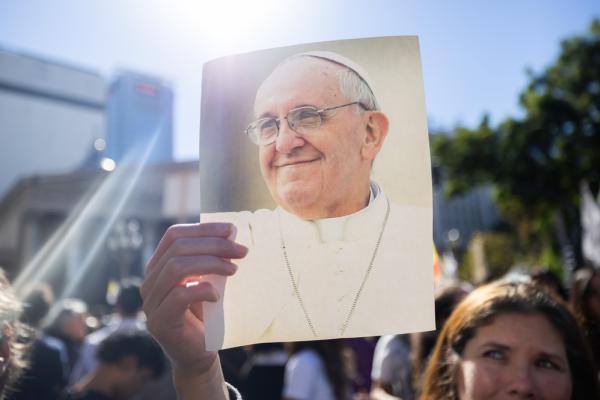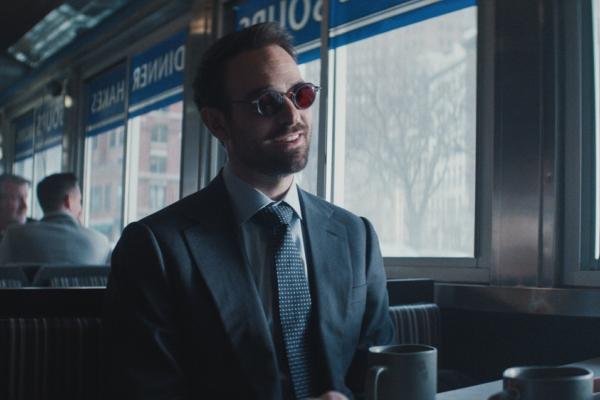Elizabeth Weinberg draws connections between things many of us haven’t thought to link together. In her 2022 book, Unsettling: Surviving Extinction Together, a whale’s excrement is not just feces but the nourishment that fuels whole ecosystems. (Or, in Weinberg’s more colorful words: “A whale’s s--- isn’t just s---: it drives the ocean like a beating heart.”) These connections remind me that when we talk about saving orcas or sea lions or starfish or polar bears, we aren’t just engaging in the sentimental practice of feeling bad for animals who are suffering (as important as this empathy is). We are also recognizing that each of these species holds an essential place within broad systems of life that would not be the same in their absence — and, crucially, that we too are part of these systems. We don’t just feel bad for the dying whales; we recognize that our survival depends on theirs.
Unsettling is a beautiful collection of essays exploring the intersections of geography, history, environmentalism, pop culture, and queer identity. These are a lot of disparate threads to hold together. But it works. Weinberg, a self-described “queer essayist, science communicator, and nature nerd,” unflinchingly examines the complexities and contradictions of the world we live in — and of our own attempts to live in ways that heal and do not further desecrate Earth and one another.
Like Weinberg, I, too, “want to learn to live as part of the world, not to feel like I’m on the sidelines.” Because the reality is that we are not on the sidelines. We are all connected. “We tried to control the world around us,” Weinberg observes, “pulling ancient matter from the ground and burning it, eradicating entire chunks of ecosystems, without bothering to think about long-term ramifications … We forgot that we can’t just take without consequences; we forgot that we’re inextricably part of a larger system.” We cannot escape this interconnectedness — and, at our best, we do not want to. I think of Rev. Martin Luther King Jr.’s words in Letter from a Birmingham Jail, where he writes that all people “are caught in an inescapable network of mutuality, tied in a single garment of destiny. Whatever affects one directly, affects all indirectly.”
I hear this. And I imagine King’s “single garment of destiny” stretching even further — to humans of all races, cultures, and ethnicities, and also to the animal world, the plant world, the air and water and soil. Our destiny is shared. And it is not looking good.
I appreciate Weinberg’s courage to take a closer look at the details of all that is not looking good. It is certainly easier to look away. And it can be costly to look. “I’ve held back tears,” Weinberg writes, “so I could see to finish pages that I’ve started, only to walk away from a draft to get in bed and sob. Grief over what we’ve done to everything living on this planet dug in under my skin and sat there like slow poison.” Grief is an appropriate emotional response to the stories Weinberg tells. It’s time — past time — for people of faith to sit with this grief.
At our best, Christians are people who know how to lament. The psalms show us how, the weeping prophet Jeremiah shows us how, the whole book of Lamentations certainly shows us how. Jesus showed us how when he wept over Jerusalem (Luke 19:42-42). When he wept over his friend Lazarus’ death (John 11:35). When he sweated drops of blood in the garden (Luke 22:44) and cried out his godforsaken-ness on the cross (Matthew 27:46). Jesus was a man deeply in touch with his emotions, not afraid to grieve openly. Perhaps we can learn — from our scriptures, from our world, and from environmental writers like Weinberg — to sing the lament of the poisoned coyotes, to wail with the orcas whose salmon food supply has been overfished and polluted, to weep with people who have been displaced by the fires and flooding that climate change has already brought and will continue to bring. We can learn to lament not just human life, but also finned life and winged life and hoofed life of all sorts. Surely the God who notices when each bird falls to the ground (Matthew 10:29) notices all we’ve done to Earth — and weeps. And we are invited to weep too.
It is only through these difficult paths of lament and telling the truth about dire current realities that we might be able to build a different kind of future — one that recognizes the interconnectedness of all our struggles. As Weinberg reflects, “Queer rights, racial and gender equity, ending poverty — none of that matters if our world is underwater, with us gasping at the surface for air. And those who are most vulnerable in a climate-steady world — people without homes, people without the money or the social capital to just pick up and move if they need to — are the ones who are impacted first as our world becomes less livable.”
Movements for change are best led by those who know firsthand that our current systems are not working. Weinberg’s queer identity helped her see, from a young age, that “things are not always what they seem.” She extends this insight from sexuality to broader conceptions of relationships and family, all the way to the structure of our society as a whole. “If my partner isn’t going to be the sort of person the world told me they’d be,” she reflects, “maybe my family could be something different too. And if my family can look like a group of people who have no reason to care for each other—no blood relation or legal tie—other than the fact that they like each other, maybe the society and economic system that depend on repeated units of a husband and wife and two-point-five children are unstable too. Maybe our world doesn’t have to look the way it looks.”
Our systems are deeply unstable; queer leaders can help us recognize this and dream of something different.
Dismantling the master’s house without reusing the same old master’s tools — to draw on writer and activist Audre Lorde’s metaphor — is often easier said than done. But it is crucial. As musician and activist Andre Henry writes in All the White Friends I Couldn’t Keep, our “vision of how things ought to be is the most important building block for a revolution; after all, it’s hard to build a world we haven’t envisioned.”
The world is barreling toward climate catastrophe, and it may feel implausible that we could collectively turn in another direction. But there is a growing swell of people who want to reverse the tide of climate change, to do what it takes to save our world and our descendants.
The situation might evoke despair; it is worth lamenting all that has been lost. And, at the same time, as Weinberg reminds us, things are not always what they seem. Our imaginations can run broader and wilder than we might have dared to hope. And there are many of us — so many of us — who want to move, want to heal, want to live differently. Modern-day prophets like Weinberg can help lead the way.
Got something to say about what you're reading? We value your feedback!







